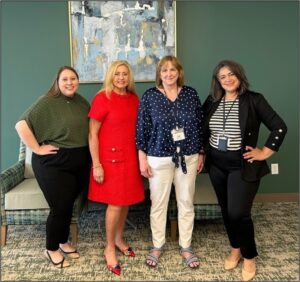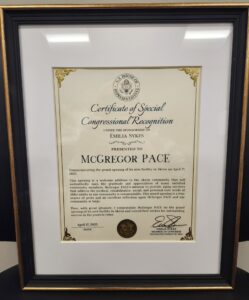Alcohol and Seniors: Understanding Warning Signs
Elderly Alcohol Abuse
Did you know that a small percentage of people don’t start drinking heavily until they are elderly? While issues with alcohol are possible at any age, it’s sometimes harder to pinpoint in the elderly.
As a person ages, their tolerance can lower for alcohol giving them an increased sensitivity to its effects. Older adults typically experience side effects more quickly and they can last longer. The scary part is that many seniors don’t know these changes are taking place in their body and think they can drink as much as they did when they were younger. This is when potential issues arise.
As a guideline, adults over the age of 65 who are not on any strict medication regimens should keep their weekly drinking habits to under 7 (or 3 drinks on any given day).
Understanding Addiction
When it comes to addiction, it’s imperative to understand that just like an illness or cancer, alcoholism is a disease. In battling this disease, people often make decisions they wouldn’t normally make to feed their alcoholism. When an addiction reaches this level, it’s nearly impossible to quit without some kind of help.
The reasons seniors start drinking can vary. Some of these include:
- Empty nest syndrome
- Loss of friendships due to relocation or health complications
- Health conditions
- Boredom
- Social isolation
- Loss of a spouse or loved one
Once a person builds a tolerance to alcohol, they are likely to drink more and more to get the same effects. This is how addiction can happen to the elderly.
Warning Signs of Alcoholism
When it comes to loved ones, it can sometimes be difficult to identify if an elderly family member has a drinking problem. Symptoms of other issues can sometimes mirror they warning signs of alcoholism, making it difficult to diagnose.
Some of the warning signs to look out for when it comes to alcoholism in seniors include:
- Drinking as a way to cope with sadness, loss or depression
- Mixing alcohol with prescription medications
- Mood changes when not drinking
- Lying or hiding alcohol consumption
- Risking relationships and health due to drinking habits
It’s also important to note that while drinking by itself has potential risks for the elderly, heavy drinking can also interact badly with other health issues that are commonly faced by seniors. Mixing alcohol with certain drugs, including aspirin, allergy medicine, pain medication or sleeping pills, can be dangerous or even deadly.
Drinking can also exacerbate pre-existing health conditions. Some of these conditions include diabetes, high blood pressure, liver problems, memory issues and osteoporosis.
If you or a loved one suspect any issues with alcohol, you should seek professional help immediately.
Finding Help at McGregor PACE
McGregor PACE is a Program of All-Inclusive Care for the Elderly. Under the PACE program, we provide health and wellness services that address the medical, rehabilitative, social, and personal care needs of older adults.


